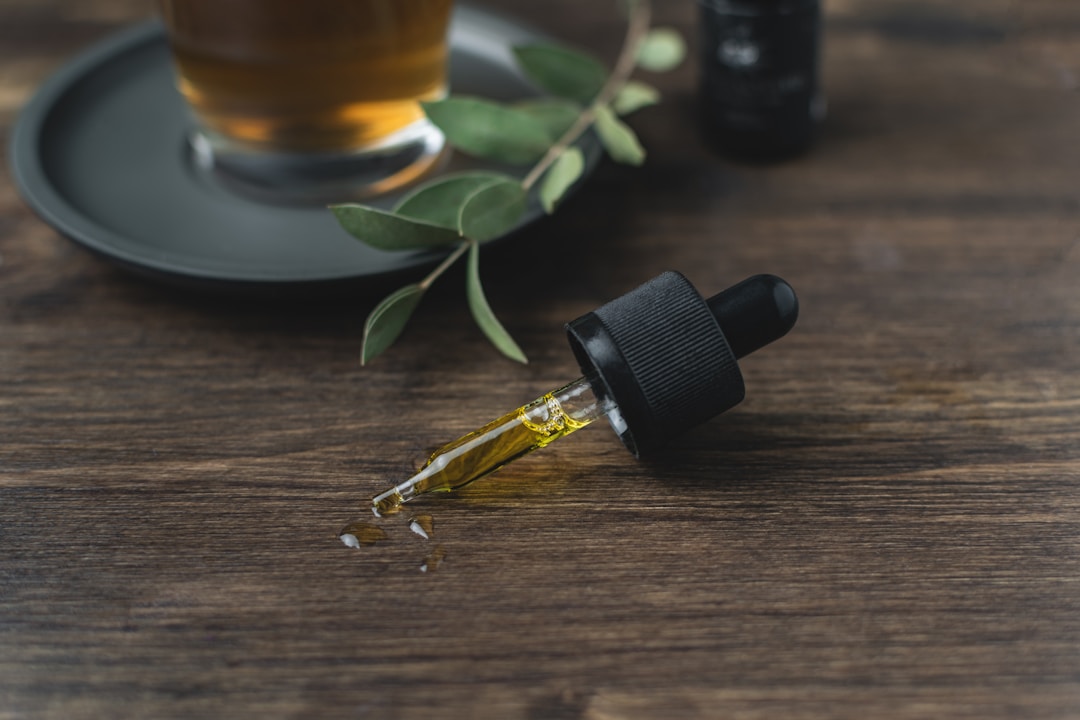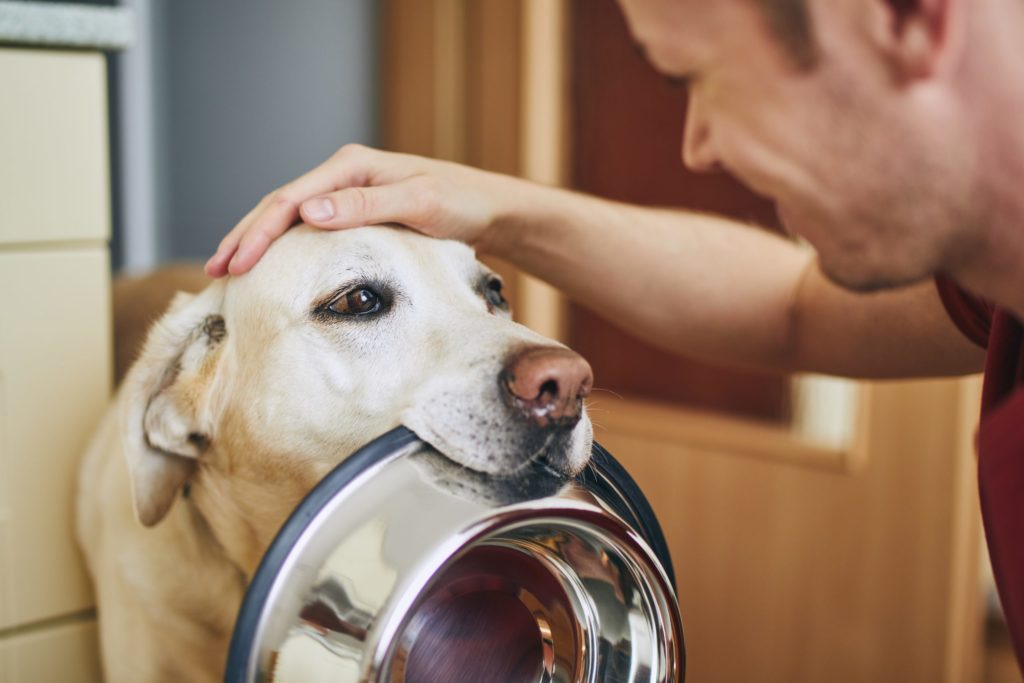You’ve seen cannabidiol (CBD) pop in just about every product imaginable at this point. CBD is the compound found in hemp that is associated with the calming properties of marijuana use. For humans, it’s been found in everything from oils and creams to edibles and beverages. However, CBD products are now branching into the pet care industry, seeking to offer some health benefits to your four-legged friends. Here are some things to know if you’re looking to try an alternative treatment for your pets.
Consult your veterinarian.

If you are looking into CBD oil for pets, it’s important to consult with professionals before using any product. People are advised to talk with their primary care physician before their own use of CBD. The same goes for their pet pals. Reach out to your vet to have a better understanding of what CBD products might be safe for your furry friend to use, and be sure that it doesn’t have any negative interactions if they use prescription medications for other conditions.
CBD oil and other items containing the compound are being used by dog owners and cat owners to address similar symptoms to what humans use CBD for. It is used in some cases as a stress reliever, meant to calm pets in overwhelming circumstances. For example, pet owners have used a few drops of CBD oil to calm animals during fireworks displays for the Fourth of July. Other users have found that dog CBD and cat CBD have been beneficial in helping with pain relief, particularly inflammation for older pets dealing with conditions like arthritis.
Be sure to check labels on products.

The benefits of CBD for cats and dogs have caused this remedy to become more and more popular among pet owners. However, it’s important to make sure any products you turn to are properly labeled. The two main types of CBD extract are full-spectrum and broad-spectrum. Full-spectrum CBD includes many of the cannabinoids and compounds of the cannabis plant, including up to 0.3% THC. THC is the compound that delivers the psychoactive effect or “high” associated with hemp use. Broad-spectrum CBD takes THC out of the equation but keeps most other cannabinoids in the formula. CBD isolate is the chemical compound in its purest form.
You’ll be instructed by your vet on how to properly use a dropper for oil to make sure you’re abiding by a recommended dosage for your pet. Labeling is just as important if you’re using dog treats or chews for your furry friends. This will let you understand the dose of CBD within that particular item, and how much to give your pet in alignment with their weight. Large dogs will have a greater tolerance to a certain mg of CBD compared to a pup. Remember, start slow with CBD dosage to wean animals into use.
Manage dosage appropriately.

Just like with traditional medications, CBD for pets must be given in a proper dose as recommended by your veterinarian. For cats and dogs alike, pet CBD oil should be administered regularly depending on your pet’s medical condition and circumstances. This can be based on the frequency of seizures, or on your dog’s mood or cat’s mood in that given moment. However, it’s important to also be vigilant for negative side effects associated with CBD use.
Dry mouth, diarrhea, reduced appetite, drowsiness, and fatigue are among some of the side effects of CBD. This compound in hemp can also interact with other prescription medications that your four-legged pals are taking. Another cause for concern is the unreliability of the purity and dosage of CBD in products. Again, be sure to check the source of any CBD products you purchase, as well as labeling to make sure that what you’re giving your buddy is of the highest quality.





